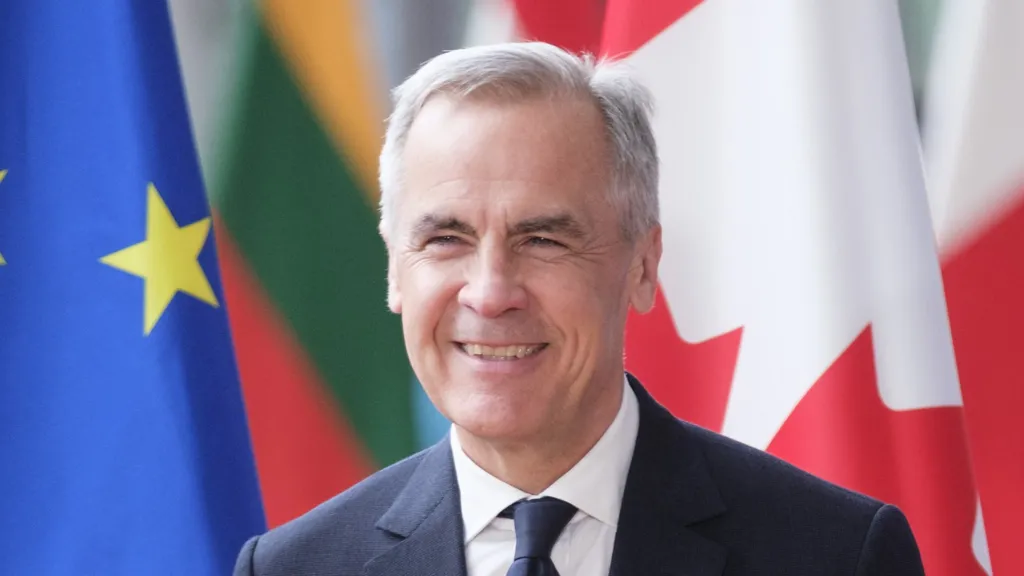Canada Passes Controversial Economic Acceleration Law to Fast-Track Major Projects

Canada’s Parliament has officially passed the One Canadian Economy Act, granting sweeping new powers to Prime Minister Mark Carney’s government to expedite approval processes for infrastructure and national development projects deemed vital to the economy. The legislation, hailed by its supporters as a nation-building breakthrough, has also sparked intense backlash from Indigenous communities and environmental advocates.
Approved by the Senate on Thursday, the law allows the federal cabinet to override certain existing legal provisions and fast-track projects in the national interest — a move critics say undermines democratic safeguards and Indigenous rights.
Prime Minister Carney praised the bill as “a tool to remove trade barriers, expedite nation-building projects, and unleash economic growth,” asserting that Indigenous partnership would remain central to the government’s vision. The government says the act will reduce internal trade restrictions, increase labor mobility, and give Ottawa the authority to approve major projects without prolonged procedural hurdles.
Although the law does not specify what projects will be launched, Carney has signaled its potential use for building energy corridors — such as pipelines and electricity transmission lines — and expanding strategic infrastructure like mines and ports. The move comes amid heightened trade tensions with the United States, especially following renewed tariffs imposed by President Donald Trump on Canadian steel, aluminum, and autos. Carney, a former central banker, made economic resilience a cornerstone of his campaign, vowing to reduce Canada’s dependence on U.S. trade and fulfill his promise to dismantle interprovincial trade barriers by July 1, Canada Day.
However, Indigenous leaders have sounded alarms over the legislation’s potential to sideline their communities in decision-making processes. Paul Prosper, a senator from Nova Scotia and a member of the Mi’kmaq Nation, introduced an amendment requiring consent from Indigenous groups before any project could proceed. The amendment failed.
Prosper criticized the government for pushing the bill through with haste, saying, “No one wants to watch our children grow up in squalor… but we do not want success and progress to come on the backs of Indigenous Peoples.” He called for a more inclusive process, arguing that meaningful consultation would have been possible with just a few more months of deliberation.
Despite language in the bill requiring consultation with Indigenous communities, critics argue that consultation without consent falls short of upholding Indigenous rights and could lead to long-term legal and social consequences.
Supporters of the law, including Senator Hassan Yussuff, argued the move was necessary to address what he called an “urgent and immediate crisis” facing Canada’s economy and competitiveness. “We cannot afford endless delays when facing existential economic threats from abroad,” he told CBC.
While the One Canadian Economy Act represents a major legislative win for the Carney administration, its long-term political and social impact — particularly on reconciliation efforts with Indigenous communities — remains to be seen.
By Staff Writer, Courtesy of Forbes | June 27, 2025 | Edited for WTFwire.com
Source: BBC News
: 329







